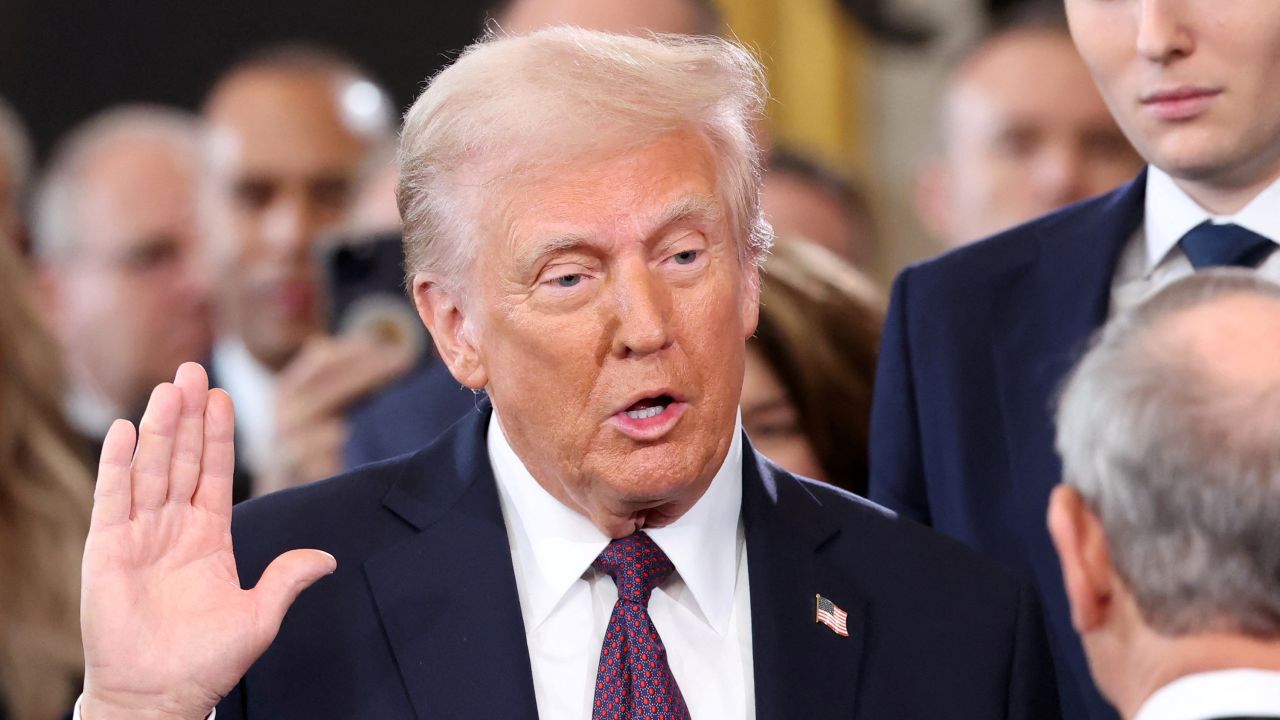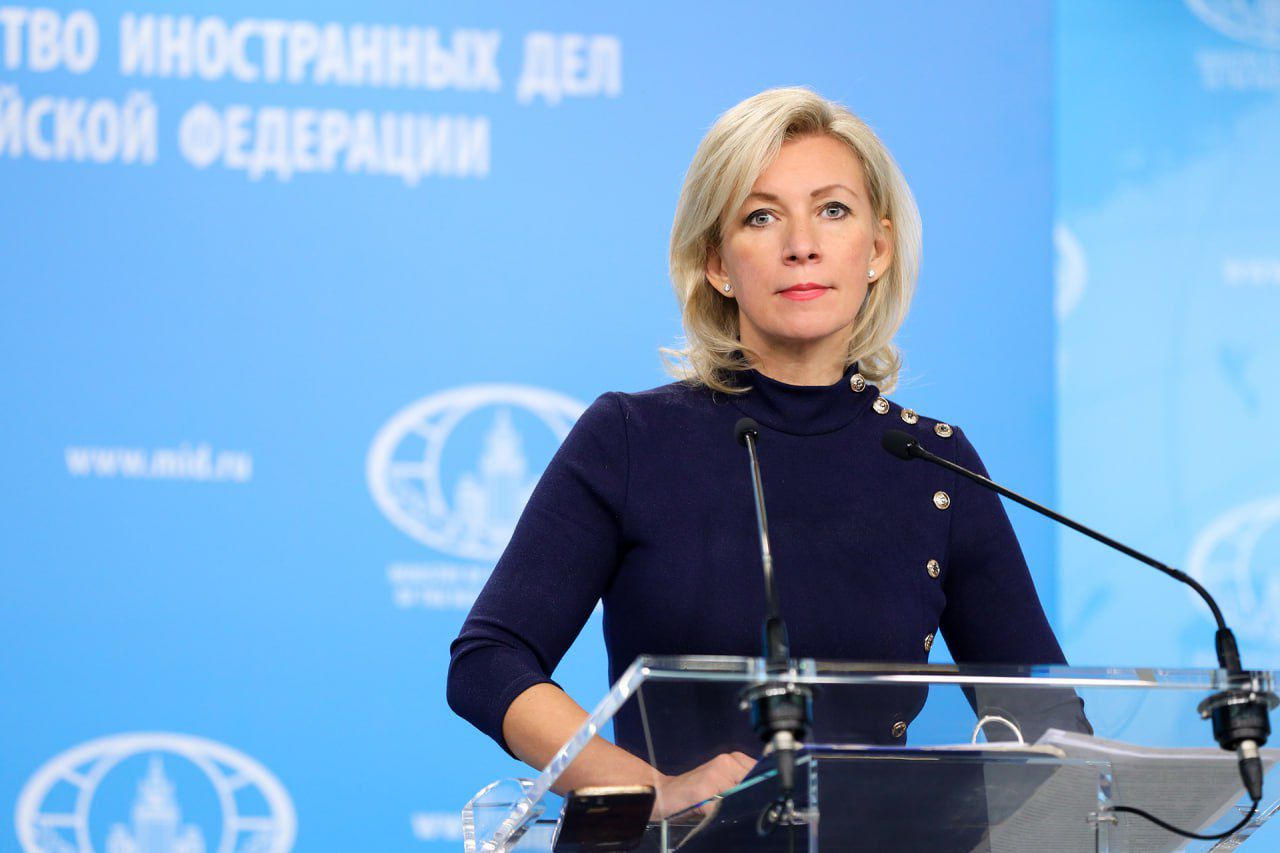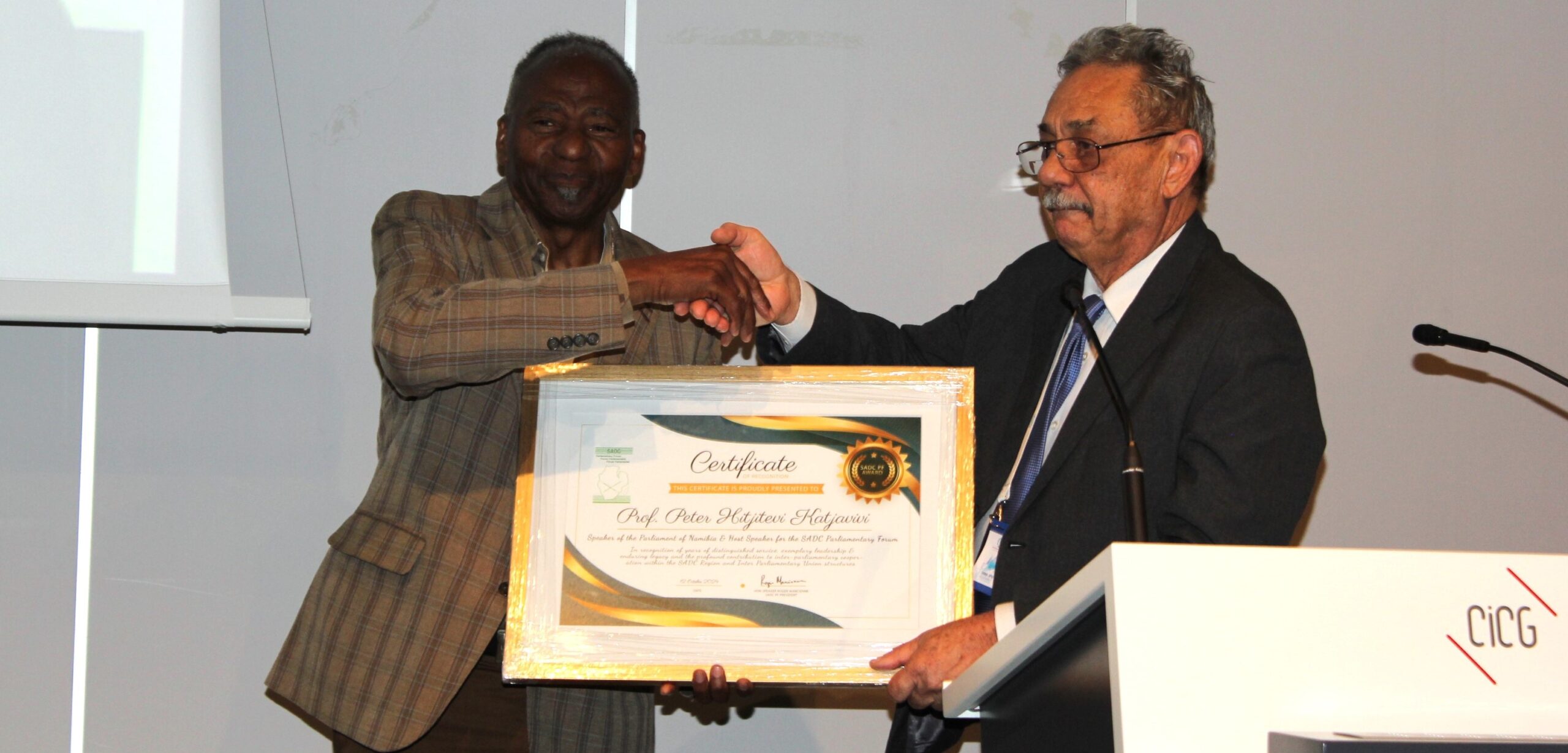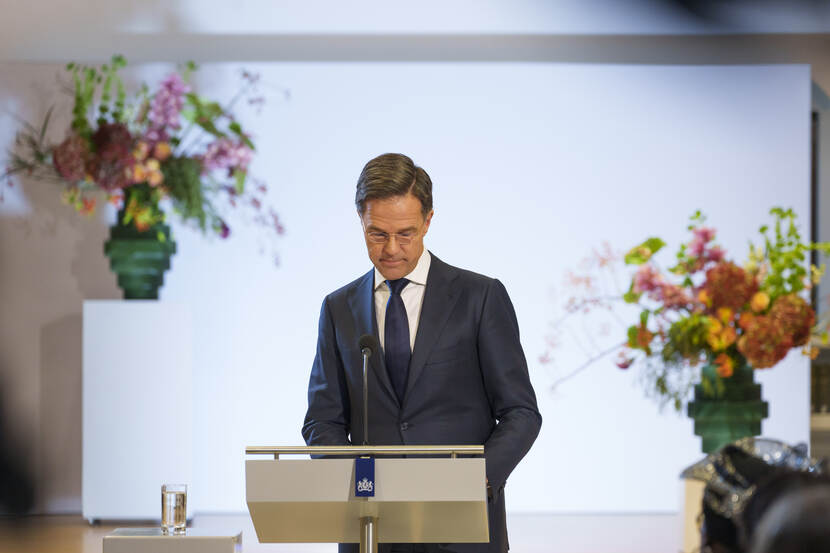
He's back! Pic (CNN)
By Munyaradzi Munaro & Mafa Kwanisai Mafa
In last year’s U.S. presidential election, Donald Trump emerged victorious once again, much to the surprise and dismay of many.
His return to power has reignited global concerns over his divisive rhetoric, isolationist policies, and penchant for strong-arm tactics.

Now, as he assumes office for his second term on January 20, 2025, Trump’s extremist ideologies threaten to destabilise an already fragile global order.
Trump and the Israeli-Gaza War
Trump’s approach to the Israeli-Gaza conflict exemplifies his transactional foreign policy. His proposals to normalize relations with Arab leaders in exchange for peace are seen by many as little more than extortion.
Rather than fostering genuine dialogue or lasting resolutions, this strategy reinforces dependence on U.S. influence and undermines the sovereignty of the nations involved.
His unwavering support for Israel, demonstrated by moving the U.S. embassy to Jerusalem during his first term, reflects a consistent policy of prioritizing Israeli interests over international law.
The decision, which effectively recognized Israeli sovereignty over occupied East Jerusalem, defied global consensus and further inflamed tensions.
The international community largely views East Jerusalem as part of a future Palestinian state, and the U.S.’s unilateral move not only disregarded this but also undermined its credibility as a neutral mediator.
Trump’s pro-Israel stance has emboldened far-right Israeli leaders such as Bezalel Smotrich and Itamar Ben-Gvir, who see his presidency as an opportunity to push for the complete annexation of Palestinian territories, including the West Bank and Jerusalem, which they refer to as Judea and Samaria.
Meanwhile, Trump’s implicit endorsement of Prime Minister Netanyahu’s aggressive campaign in Gaza has given the Israeli government carte blanche to escalate violence against Palestinians in the besieged enclave.
The ongoing war in Gaza, fuelled by decades of Israeli-Palestinian conflict, demands delicate diplomacy, not heavy-handed deal-making. Trump’s policies, however, appear to exacerbate the conflict rather than resolve it.
His backing of the Abraham Accords, which normalized relations between Israel and several Arab nations, has largely side-lined the Palestinian issue.
While the accords were hailed by some as historic, they did little to address the root causes of the Israeli-Palestinian conflict and have further marginalized Palestinian voices.
In contrast, the Biden administration’s stance on Gaza was marked by diplomatic doublespeak—publicly calling for peace while continuing to supply arms to Israel.
This hypocrisy underscores the systemic nature of U.S. support for Israeli expansionism, regardless of the administration in power.
Yet, Trump’s approach is distinguished by its overt brazenness, leaving little doubt about his alignment with Israel’s far-right agenda.
By advocating for a ceasefire just before his inauguration, Trump sought to position himself as a peacemaker. This aligns with his broader narrative of being a strong leader capable of negotiating significant deals.
However, critics argue that his obsession with the Abraham Accords and economic motivations prioritizes optics over substance. His legacy in the region remains one of heightened tensions and diminished hopes for a just resolution.
The Russia-Ukraine War
The Russia-Ukraine conflict presents another test for Trump’s unconventional approach to foreign policy. His admiration for Russian President Vladimir Putin and isolationist “America First” ideology suggest he will prioritize rapprochement over confrontation.
Trump has praised Putin as a “strong leader,” which may lead him to adopt a conciliatory stance toward Russia. His reluctance to engage in foreign interventions aligns with his disdain for nation-building, making it likely he will avoid direct military involvement in Ukraine.
Instead, Trump may pursue sanctions or negotiations that favour Russian interests, further alienating U.S. allies in Europe.
During his first term, Trump’s relationship with Russia was marked by contradictory signals. While he imposed sanctions in response to alleged election interference, his public statements often undermined these measures.
This inconsistency sowed confusion among allies and adversaries alike. In his second term, Trump’s approach to Ukraine is expected to reflect a similar ambiguity, balancing symbolic measures with an underlying reluctance to challenge Russian aggression.
This hands-off approach could embolden Russia to escalate its military campaigns, undermining global efforts to check Russian expansionism.
Trump’s transactional mindset, which prioritizes immediate gains over long-term stability, risks further destabilizing Eastern Europe and weakening NATO’s collective security framework.
The implications for Ukraine are dire. Without robust international support, Ukraine faces an uphill battle in resisting Russian advances.
Trump’s apparent preference for striking deals with authoritarian leaders like Putin raises questions about the future of U.S. commitments to democratic allies.
His isolationist tendencies, coupled with a lack of coherent strategy, could leave Ukraine increasingly vulnerable.
Trump and Africa
Trump’s disregard for Africa is well-documented, epitomized by his infamous “shithole countries” remark. His transactional foreign policy prioritizes U.S. strategic interests, favouring bilateral deals over collective engagement.
Initiatives like the African Growth and Opportunity Act (AGOA) are likely to see diminished focus, replaced by selective trade agreements that serve American economic or security interests.
During his first term, Trump’s engagement with Africa was minimal, characterized by sporadic visits and a lack of coherent strategy. His administration’s focus on counterterrorism and economic exploitation overshadowed efforts to foster genuine partnerships.
African nations that fail to align with U.S. priorities risk marginalization, while those that do may find themselves ensnared in exploitative arrangements.
Trump’s second term is expected to deepen Africa’s exclusion from meaningful international partnerships. His transactional approach, coupled with a lack of diplomatic finesse, undermines the continent’s agency in global affairs.
Critics argue that this reflects a broader pattern of neo-colonial attitudes, where African nations are viewed primarily as sources of raw materials and geopolitical leverage.
A Turning Point in History
Trump’s return marks a critical juncture in global affairs. His administration, described by critics as a “Zionist mafia,” represents an intensification of U.S. imperialism.
However, resistance is growing. Public outrage at Zionist expansionism and the hypocrisy of Western powers has reached unprecedented levels.
The escalating conflicts in Gaza, Ukraine, and beyond signify not only the failures of U.S. foreign policy but also the waning influence of American hegemony.
Regional powers, from Saudi Arabia to Turkey, are re-evaluating their alliances as grassroots movements challenge the status quo.
The widespread destruction wrought by the Zionist state on Palestine and Gaza, as well as its broader regional ambitions, signals desperation. Critics argue that this reflects the entity’s weakening grip on power.
Public opinion has increasingly turned against Zionist expansionism, with protests erupting globally to condemn its actions. The once-effective cries of anti-Semitism to silence dissent are losing their potency as more voices join the chorus demanding justice.
Trump’s administration, emboldened by Zionist paymasters, is accused of pursuing a brutal corporate agenda that prioritizes profit over people. Observers note that this strategy is unsustainable.
The domino effect is already apparent: Israel’s image as a regional superpower and the U.S.’s reputation as a global superpower are both under siege. Puppet regimes propped up by these powers face increasing challenges as grassroots resistance grows.
As in Yemen, where Saudi-led airstrikes have failed to secure a decisive victory, the limits of military dominance are becoming evident.
Lebanon’s successful defence against Israeli aggression, despite lacking a “functioning” government, highlights the resilience of people-driven movements.
Critics argue that functioning governments often mean those compromised by external influence, further illustrating the need for genuine self-determination.
Even traditional U.S. allies like Saudi Arabia are re-evaluating their positions. While some leaders, such as Turkey’s Erdogan and Jordan’s King Abdullah, may seek to realign their alliances, their past betrayals will not be easily forgotten. The shifting dynamics underscore the fragility of alliances built on coercion rather than mutual respect.
Hope Amidst Crisis
Despite the challenges, there is a growing sense of hope. Grassroots movements worldwide are gaining momentum, challenging entrenched systems of oppression and exploitation.
Historic events take time, but after centuries of colonialism and darkness, a new era seems within reach. Resistance to imperialism and Zionism is increasingly interconnected, reflecting a broader push for justice and equity.
Trump’s presidency may deepen global crises, but it also highlights the cracks in imperial structures. As colonial legacies unravel and new alliances emerge, the voices of resistance grow louder, demanding a future rooted in justice and sovereignty.
This moment represents not just a turning point in history but a call to action for those committed to building a more equitable world.









